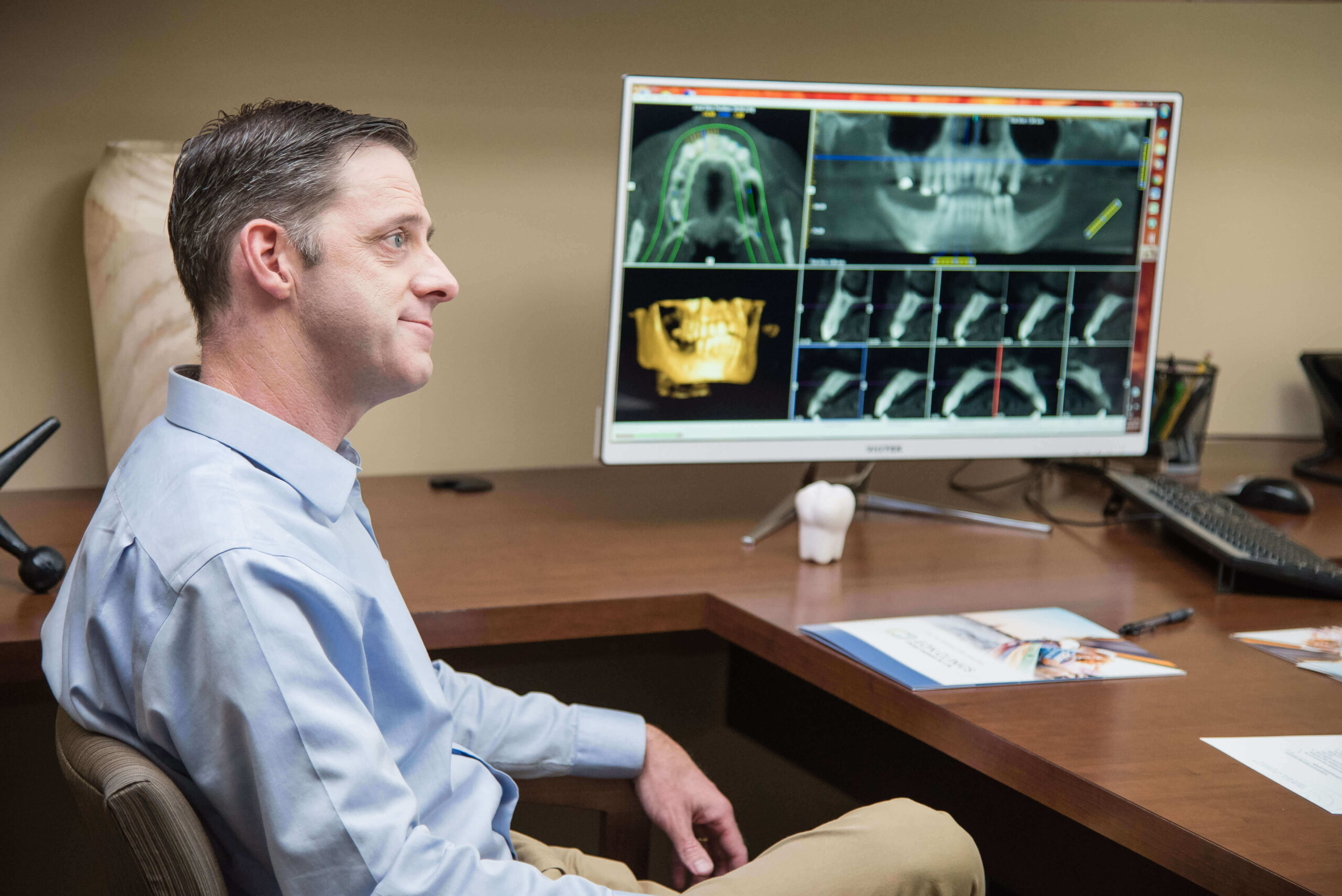Periodontitis: Causes, Symptoms and Treatment
By: Dr. Rajan Sharma

Periodontitis, also known as periodontal disease, is a dental infection that damages the soft tissue in your gums. If left untreated, periodontitis can cause tooth loss and damage to the jaw bone. The good news is that it is largely preventable. Periodontists and dentists are trained to successfully treat this condition.
Causes of periodontitis
Poor oral hygiene is the most common cause of periodontitis. Without regular brushing and flossing, plaque begins to form on the teeth. Furthermore, if the plaque stays on your teeth, it hardens into tartar, which is filled with bacteria. The buildup of plaque, tartar, and bacteria leads to gum infection. Eventually, this will lead to the destruction of the surrounding tissue and bone.
However, poor oral hygiene isn’t the only cause. Certain health conditions and lifestyle habits can increase your risk of periodontal disease. These conditions include, but are not limited to the following:
- Smoking or using tobacco products
- Substance abuse
- Obesity
- Genetic factors
- Medications that cause dry mouth
- Decreased immunity from conditions such as HIV/AIDS and cancer treatment
- Nutritional deficiencies, especially vitamin C deficiency
One of our very first patients, Tina Hauptmann, discusses her experience going through periodontal disease in the following video. Learn how it affected her heart and why she decided to seek treatment immediately:
Symptoms of periodontitis
The most common symptoms include swollen or puffy gums, bright red or purplish gums, and gums that bleed easily. In more serious cases, you’ll notice symptoms like pus around your teeth and gums, loose teeth. Another common symptom is a change in how your teeth fit together when you bite.
Make sure to see your dentist as soon as you notice any of these symptoms. The sooner you seek professional care, the better your chances of reversing the damage and improving your oral health.
Treatments for periodontitis
To determine the proper periodontal treatment for you, your dentist will first need to diagnose your condition. This will involve an examination of your teeth. They will check for plaque and tartar buildup and perform dental X-rays. Additionally, your dentist will use a dental probe to measure the depth of the groove between your gums and teeth. They will also ask questions about your health to see what risk factors could be contributing to your symptoms.
In the early stages, treatment for periodontitis includes scaling and root planing. A dentist or periodontist performs these cleaning methods. You may also be prescribed antibiotics to help get rid of the bacteria causing the infection.
However, if the infection is more advanced, your dentist will go over surgical treatments such as bone grafting and guided tissue regeneration.
Read More: What is a Periodontist?
Prevention of gum disease
The best way to prevent periodontal disease is to brush your teeth twice a day and floss daily. Above all, make sure to see your dentist every 6 months for a professional dental cleaning. However, you may need cleanings more often if you have certain risk factors that increase your chance of developing periodontitis.
Schedule a checkup today!
If you believe you suffer from periodontal disease, contact the highly-trained dental professionals and periodontists at EON Clinics. We are dedicated to your oral health and well-being. We serve Chicagoland and southern Wisconsin and northwest Indiana. Schedule a free consultation online today or call us at 800-250-3500.
